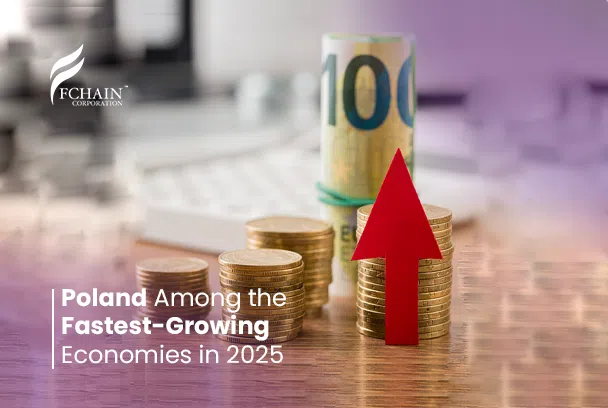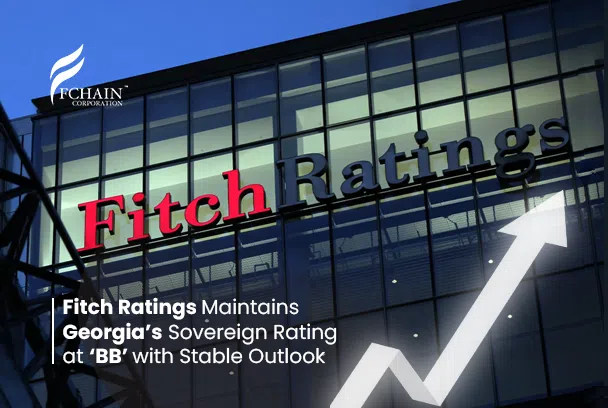- Home
- TEPAV Highlights Critical Interest Rate: A Crucial Adjustment!
TEPAV Highlights Critical Interest Rate: A Crucial Adjustment!
As anticipation builds around the Central Bank of the Republic of Turkey’s (CBRT) upcoming interest rate meeting, TEPAV has delivered a noteworthy assessment, indicating a pivotal threshold.
The Turkish Economic Policies Research Foundation (TEPAV) has released its analysis of monetary policy. The TEPAV Macroeconomics Working Group’s evaluation underscores Turkey’s alignment with nations experiencing economic downturns and wartime conditions.
The report highlights Turkey ranking as the sixth country globally with the highest inflation among 191 nations, attributing the globalized nature of high inflation to the increased cost of living within the country.
Contrasting this, the report points out that major economies adhering to rational economic policies have witnessed a decline in inflation over the past year. Examples cited include the United States, the United Kingdom, the Eurozone, and the European Union (EU).
Considering recent developments, the evaluation emphasizes that despite Middle East war conditions not escalating into a regional conflict, there has been a decline in oil and natural gas prices since the last CBRT interest rate meeting.
Exceeding Market Expectations through Rate Increase
Recalling TEPAV’s recommendation last month for the Central Bank to raise the interest rate to 40%, the decision from the meeting was 35%.
The report asserts, “We believe it is imperative for the policy rate to be increased to 40% in the next meeting, explicitly stating in the decision text that it may be further increased based on unfolding developments.”
This underscores the importance of a decision to raise rates by 500 basis points in the upcoming Thursday meeting, surpassing the market’s anticipated 250 basis points.
Insights into “Unconventional” Financing Sources Amid Current Account Deficit
The report notes that Turkey has grappled with a current account deficit issue, relying extensively on “unconventional” financing sources such as official reserves and net errors and omissions, both last year and in the initial eight months of the current year. However, movements in the balance of payments in September have deviated from this trend, posing the question of the sustainability of this positive trend.
Furthermore, the report questions the trajectory of inflation, initially pledged to fall to single digits. Specifically, it scrutinizes how inflation, anticipated to peak at 70% mid-next year, will decrease to 36% by year-end and how this reduction will manifest in subsequent periods.
The report concludes with a recommendation to streamline the roles of the economic administration, advocating for structural changes in the Central Bank and the Turkish Statistical Institute (TÜİK) to align with promised independence.
- Author: FChain Media
Public Relations Manager
Latest news



Consultation
Contact us or find nearest office

